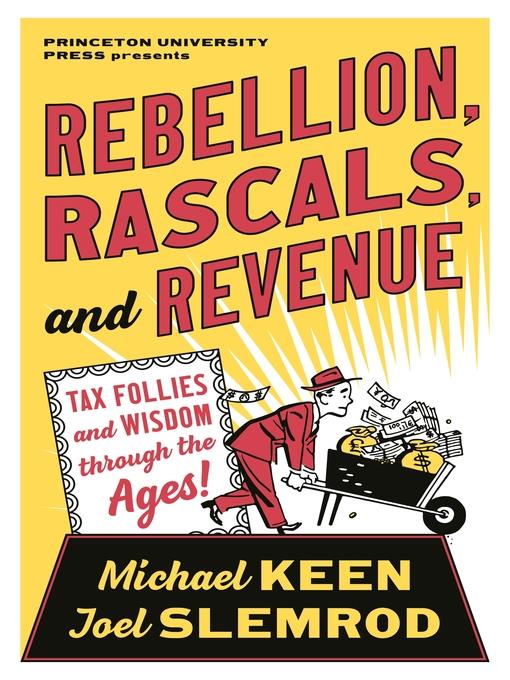
Rebellion, Rascals, and Revenue
Tax Follies and Wisdom through the Ages
- اطلاعات
- نقد و بررسی
- دیدگاه کاربران
نقد و بررسی

February 1, 2021
A spry survey of taxes over the course of history. Death and taxes are inevitable. So it has always been. As Keen, deputy director of fiscal affairs at the International Monetary Fund, and Slemrod, an economics professor at the University of Michigan, write, the Rosetta Stone, famous for giving clues about hieroglyphics, "describes a tax break given to the temple priests of ancient Egypt," adding, "so it also teaches us a quick early lesson: Tax exemptions are as old as taxes." The authors turn up plenty of interesting elements of tax applications through the centuries. For example, a British colonial tax on huts, when protested by colonized Africans, resulted in the burning of those huts; another colonial revolt, this time the Boston Tea Party, "was actually prompted not by some tax increase, but by a tax cut." Why is Bolivia landlocked? Because a Chilean company doing business there protested a tax imposed by the federal government, Chilean troops marched, and the borders were redrawn so that Chile gained the Atacama Desert and its long coastline as well as ownership of most of the world's nitrates. The lesson? That "rulers prefer to extract their resources from people on whom their popular support does not depend." If that's true, then why are so many offshore and multinational companies in the marketplace today? Chalk it up to an imaginative set of British brothers who secured a huge contract to supply the British army with beef during World War I, then broke up their operation "in an early example of 'inversion' " by moving their headquarters abroad. From margarine coloring to the birth of the big-box store, the authors link taxes to business history. Eventually, they note, governments may need to regularize their tax systems via something like a World Tax Organization, "setting and enforcing some aspects of tax rules in the way that the World Trade Organization has done for trade." It won't ward off the April tax blues, but it does a fine job of explaining the hows and whys of taxation.
COPYRIGHT(2021) Kirkus Reviews, ALL RIGHTS RESERVED.




دیدگاه کاربران